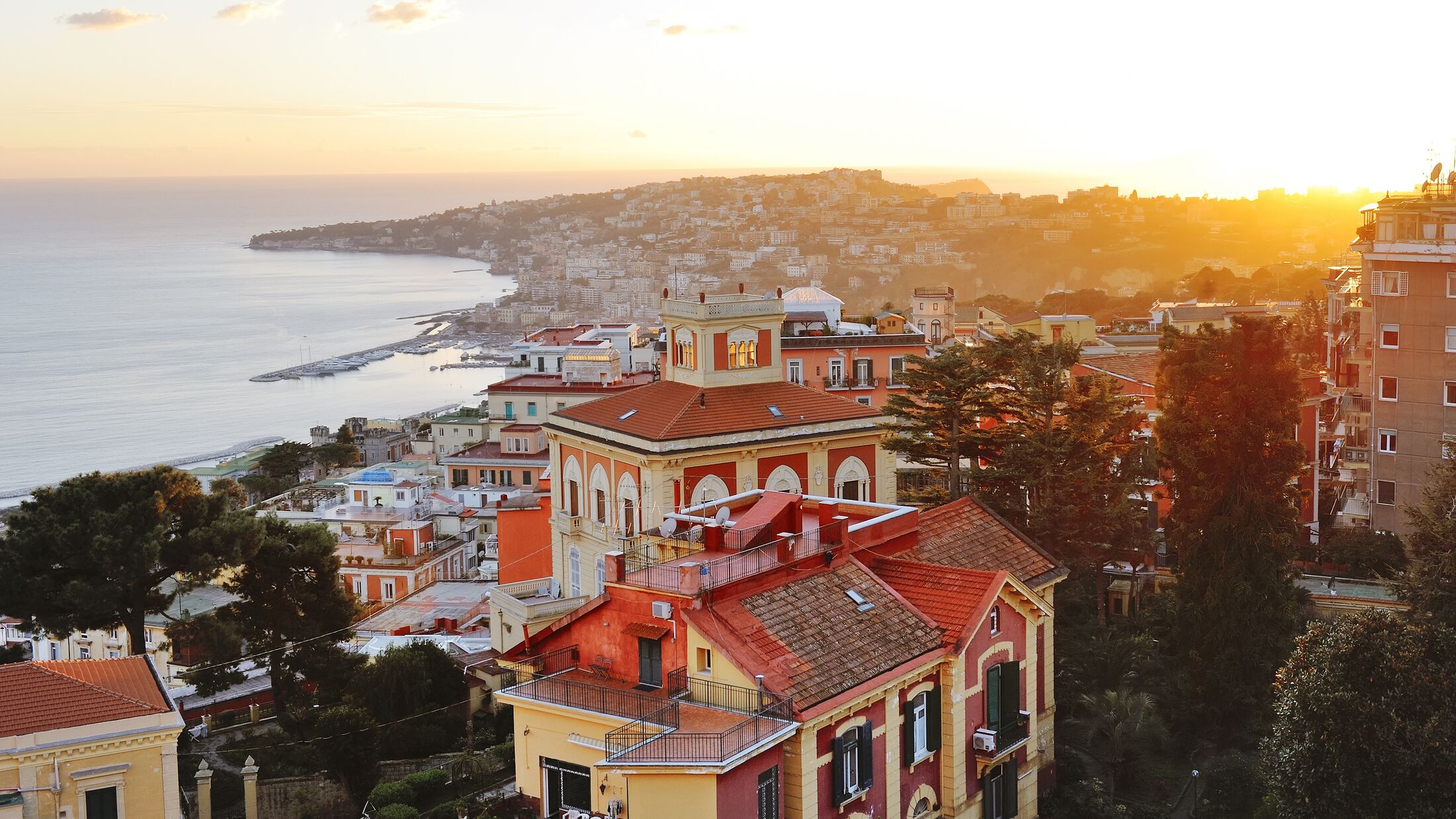
-
Destinations
FeaturedBackDestinations
-
Cities
Recommend by us
-
Coast
- Islands
-
Countryside
-
Lakes
Recommend by us
- Explore Italy
-
Cities
-
Holiday Types
Recommended by usRecommended by us
-
Offers
Our featured offersOur featured offers
-
Inspire Me
BackFind the perfect holiday
-
About Us
- Contact Us


























